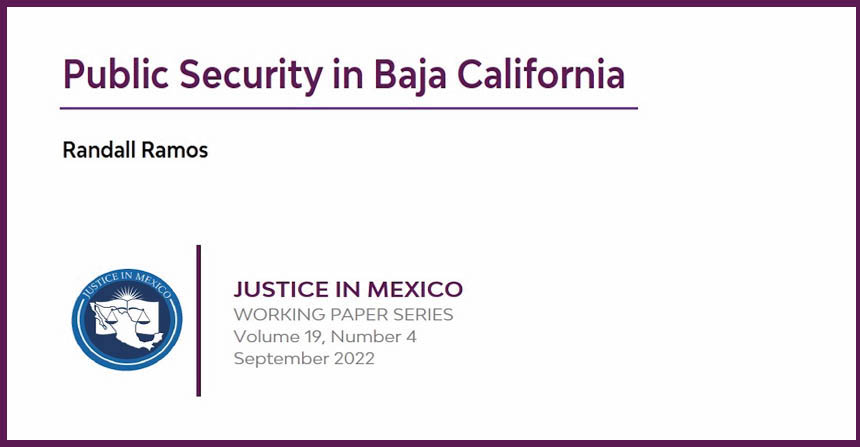An important part of transnational policing is cooperation among police agencies in different countries. Agencies must face multiple impediments such as language barriers and legal jurisdiction issues. This has made instances of success all the more notable. For example, North Carolina police authorities have worked with their Mexican counterparts to bring fugitives to justice. When suspect of a homicide that occurred in North Carolina in late 2007 fled to Mexico, many were pessimistic about the chances of catching him. However, he was found in a rural town in the state of Michoacán and eventually extradited back to the U.S. The process took several months and intensive cooperation between law enforcement in both countries, but justice was finally served.
The opposite occurs as well. A man accused of killing his ex-wife in Mexico early last year was captured by U.S. authorities in Port Isabel, Texas this January. On February 8, he was officially extradited from Texas to Tamaulipas. Such transnational investigations are often involved the participation of the Federal Bureau of Investigations. Though a suspect may be accused of a state crime, not a federal one, local police agencies can ask for the FBI’s assistance in dealing with Mexican officials under a special federal law for dealing with fugitives. The agency has three offices in Mexico that coordinate with Mexican authorities, who are responsible for apprehending the fugitive. In spite of the usefulness of this system, relatively few police agencies in the U.S. know about it. This is especially the case in non-border states like North Carolina. However, awareness is growing and this kind of transnational policing may become more frequent as criminal organizations expand their areas of operation.
Sources:




